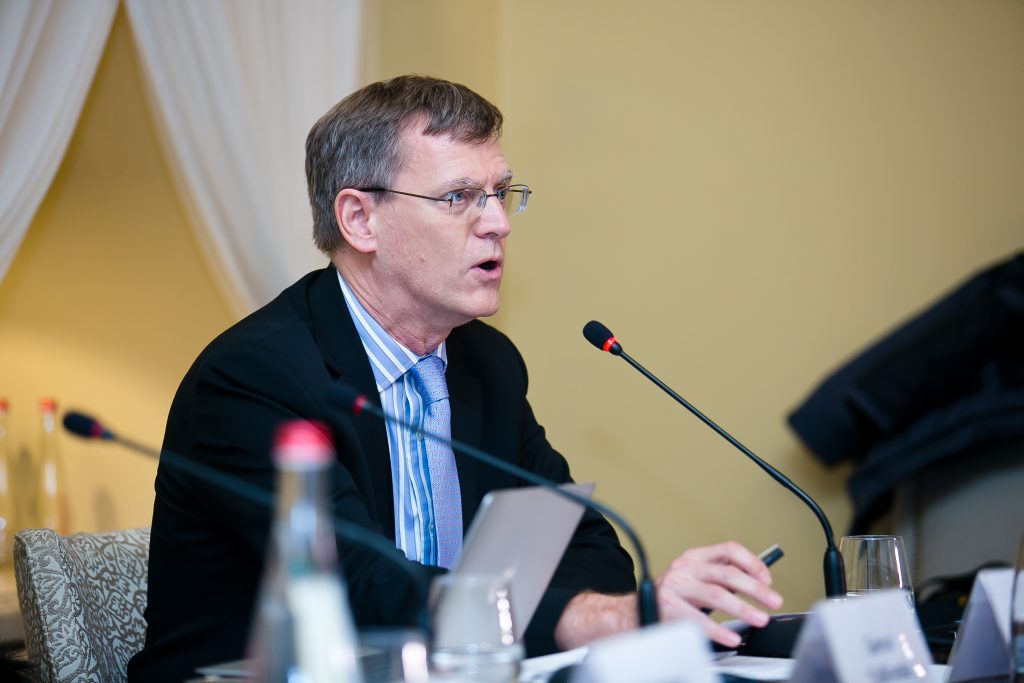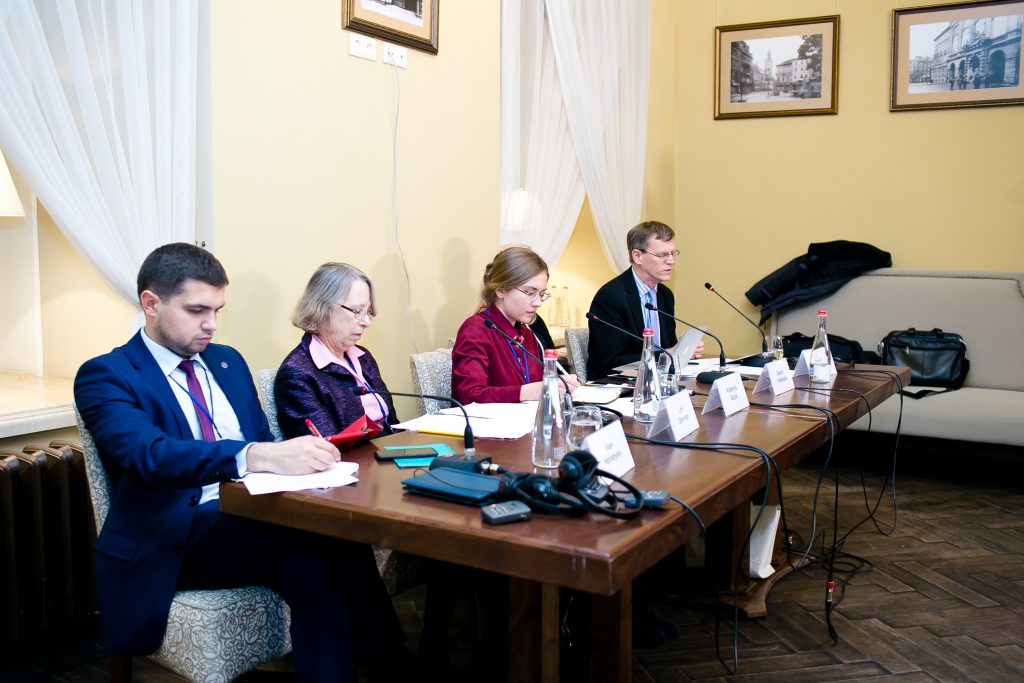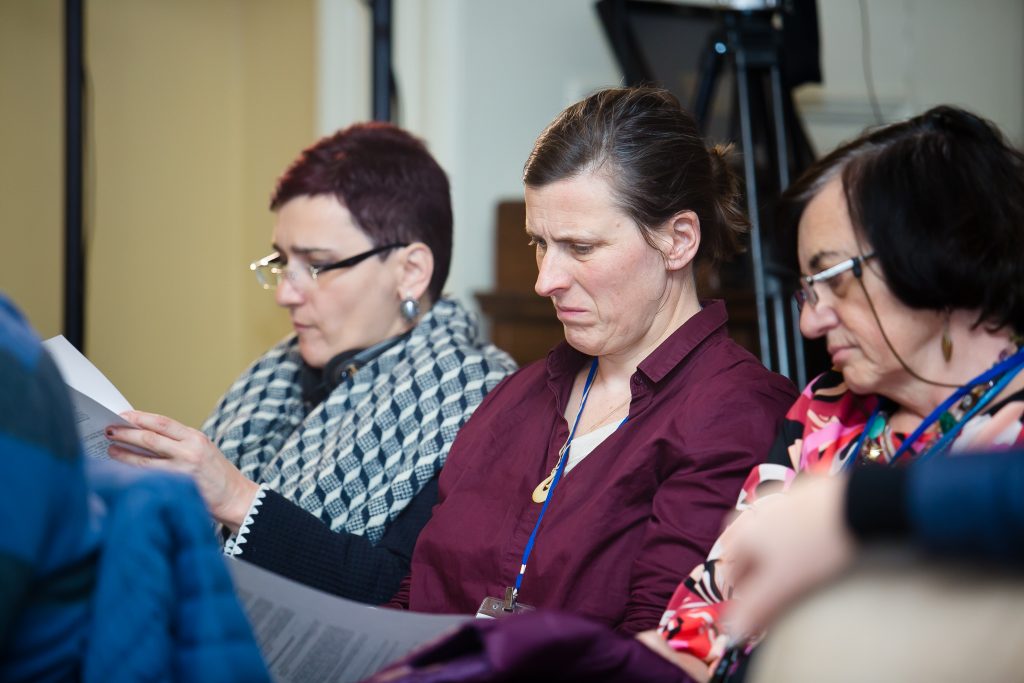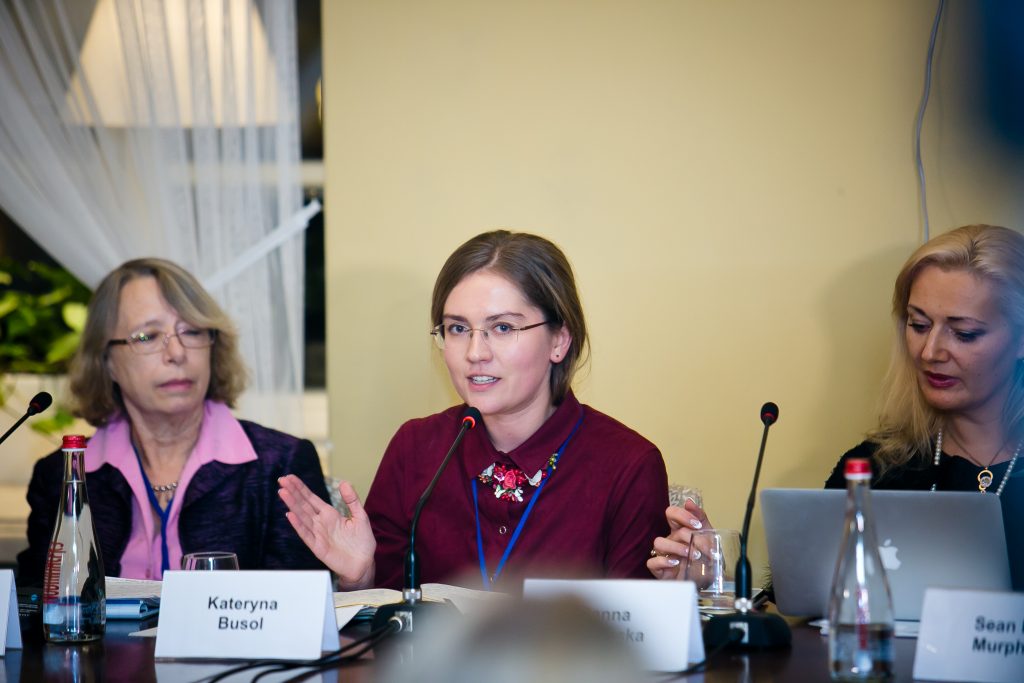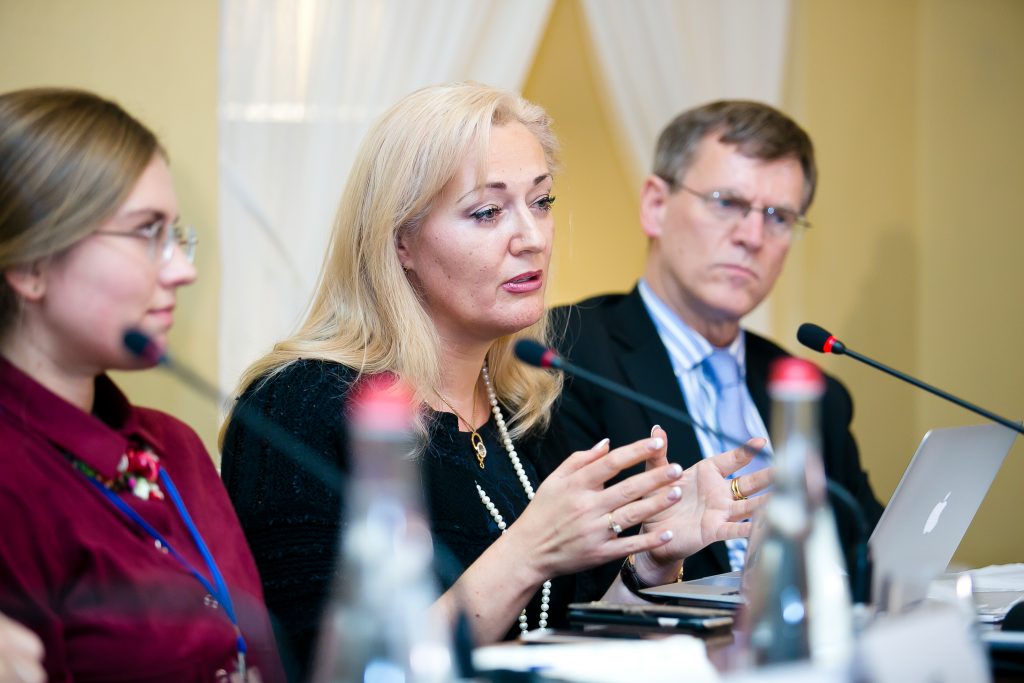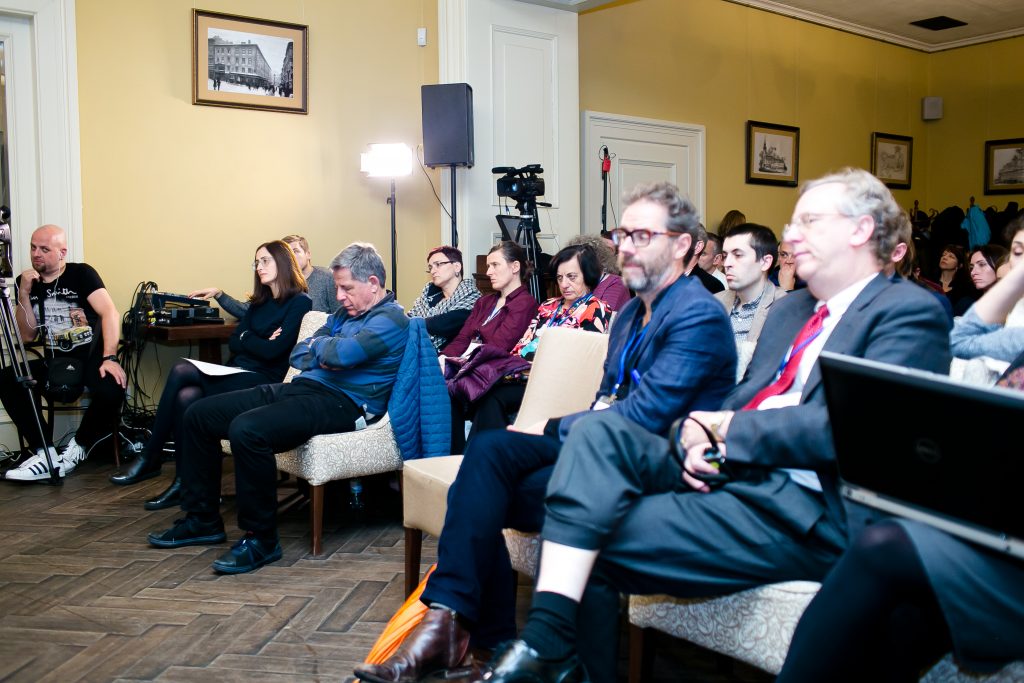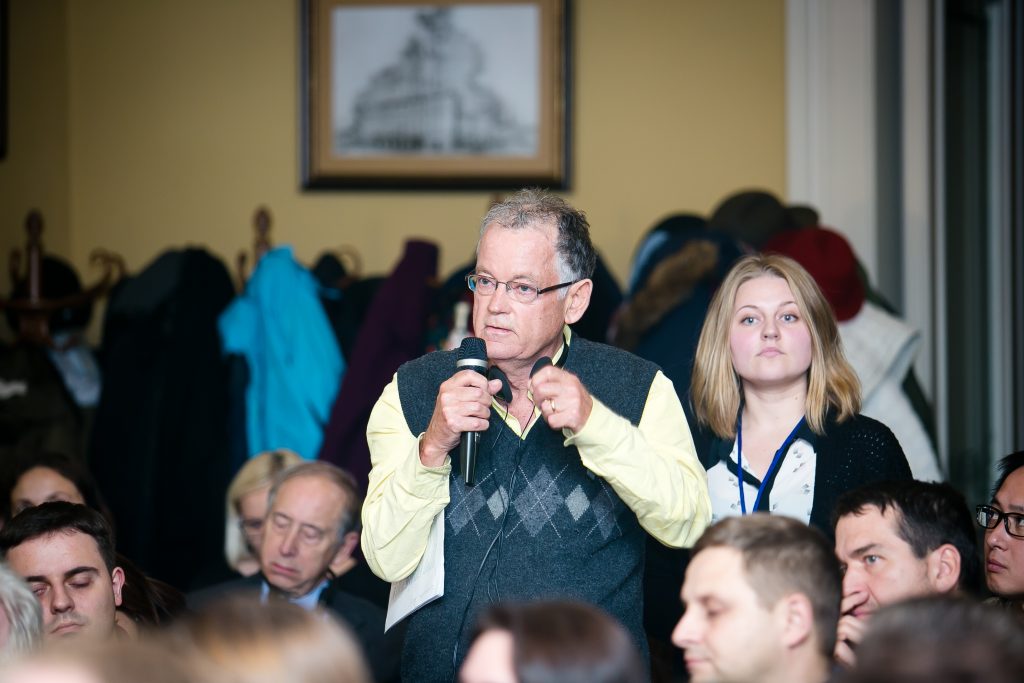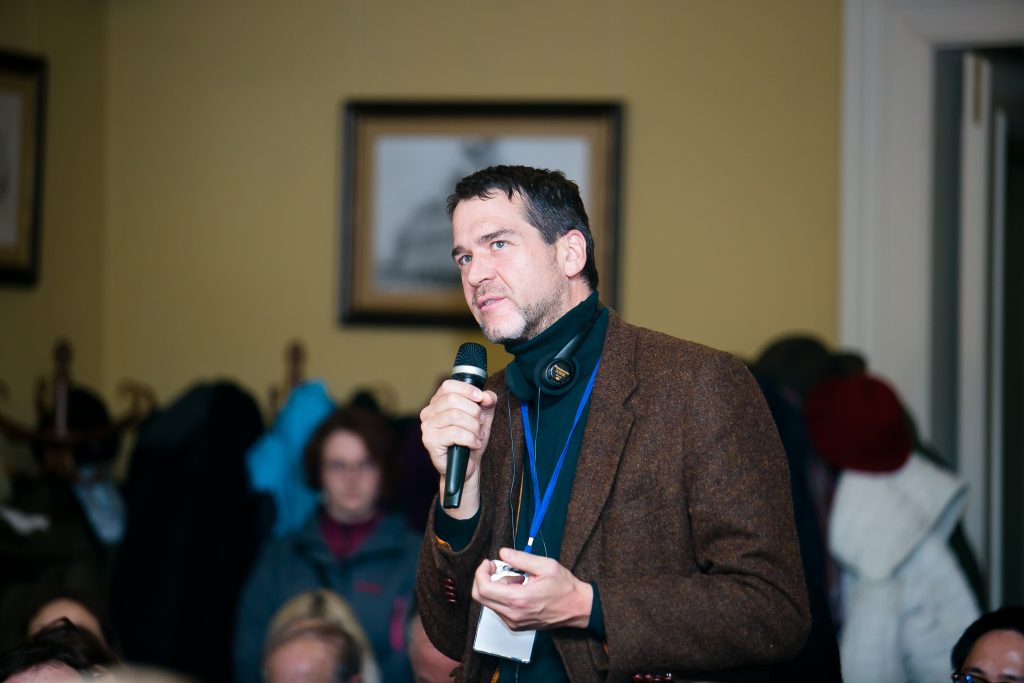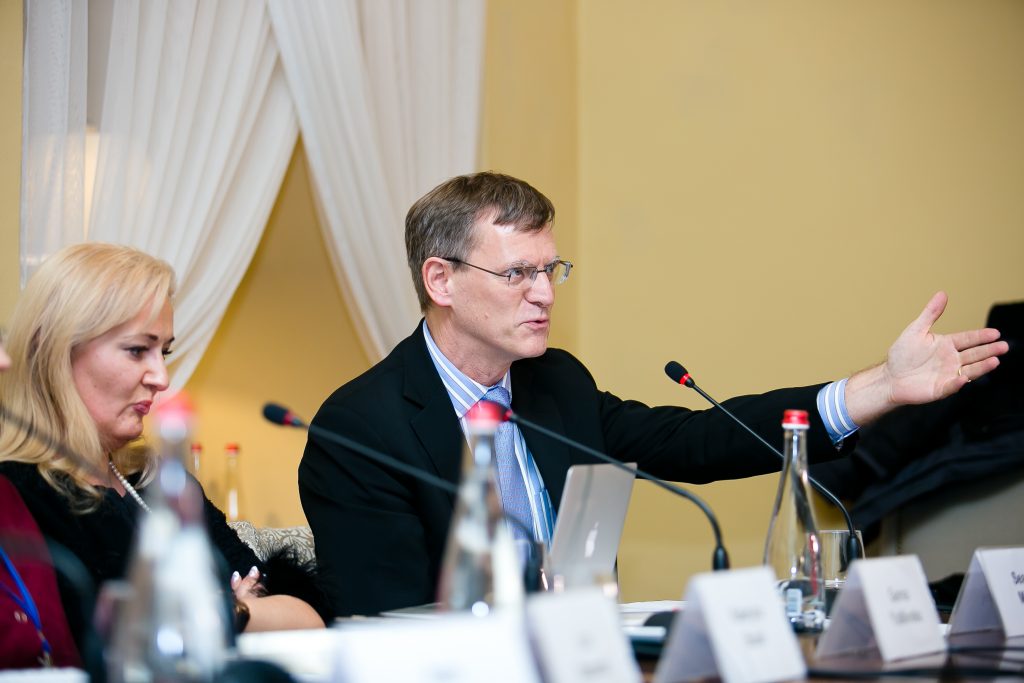Rights & Justice Today: Legacies, Implications, Challenges
10.11.2017, 17:00
Ресторан "Ратуша" (площа Ринок, 1), Львів
The dichotomy between "rights" and "justice" is almost as old as the one between "jus" and "lex". Indeed, the first shades of many contemporary rights and justice issues date decades back. Hans Frank’s pride in being called a war criminal by the US press resonates with the way the armed groups use social media to spread terror today. The latter phenomenon has generated two drastically different outcomes: the growing surveillance of and limitations on the content that goes into the mass domain on the one hand and the use of such content as evidence in domestic and world courts on the other. The Soviets’ initial prejudice against Hersch Lauterpacht’s concept of "crimes against humanity" on the grounds of being "too novel" to be accepted comes to mind when we witness the compromises between what is legally right and what is politically possible in the UN Security Council. Thus, instead of being resolved and forgotten, many dichotomies find their second life in the post-truth era.
The discussion was united legal scholars, practicing lawyers and judges. They will debate whether the notions of "rights" and "justice" are always mutually reinforcing and whether "justifying justice"(as subtly put by Dr Sarah Nouwen) sometimes fails to benefit individual human rights. During this talk, Judge Ganna Yudkivska (European Court of Human Rights), Professor Lori Damrosh (Columbia University), Professor Sean Murphy (George Washington University) and Dr Ivan Horodysky (Ukrainian Catholic University) moderated by Dr Kateryna Busol (Global Rights Compliance LLP) had joined by the sixth discussant – the city of Lviv.
Lemberg-Leopolis-Lwow, with its changing history and challenged legacies, was omnipresent during the discussion through the figures of two unparalleled international lawyers – Hersch Lauterpacht and Raphael Lemkin. Two World Wars, unprecedented in scale and cruelty, collapses of empires, changed borders and striking numbers of exterminated and forcibly displaced people have deeply influenced Lauterpacht and Lemkin’s ideas about the rights of individuals and groups. The questions they engaged with have become even more pertinent now, when we observe how the foundations of contemporary International Law they shaped are being challenged. The ongoing events in Ukraine, Syria, Myanmar, Burundi, to name a few, are testing the power and limits of international legal and security systems. With dozens of IDPs from war-torn Donbas and occupied Crimea, Lviv is the place to debate on the correlation between rights and justice, the responsibility to protect and a pretext to intervene, the implementation of International Law domestically for the benefit of the many and the manipulation of it internationally according to the whim of the few. In that sense, the workshop seeks to contribute not just to scholarly discussions on the history of International Law in XX century Eastern Europe. It also aims to link them to the present-day debates, creating a forum for genuine engagement and thought-provoking exchange between legal scholars, practitioners and the general public.
The discussion was in English, with simultaneous interpreting.
The discussion was a part of the international workshop "Placeless/Placeness: Ideas of Rights and Justice in Eastern Europe" inspired by recent studies and publications on two legal thinkers and lawyers, Raphael Lemkin and Hersch Lauterpacht, both of whom are connected to the city of Lemberg/Lwów/Lviv. Together with art performance "East West Street. A Song of Good and Evil" it forms program "Rights, Justice, and Memories of the City" that bridges academic, art and commemorative formats. This program commemorates distinguished international lawyers connected to the city of Lviv, while contributing to growing awareness of the city’s past and its global geographies of memories.
Credits
Gallery Image by Iryna Sereda

